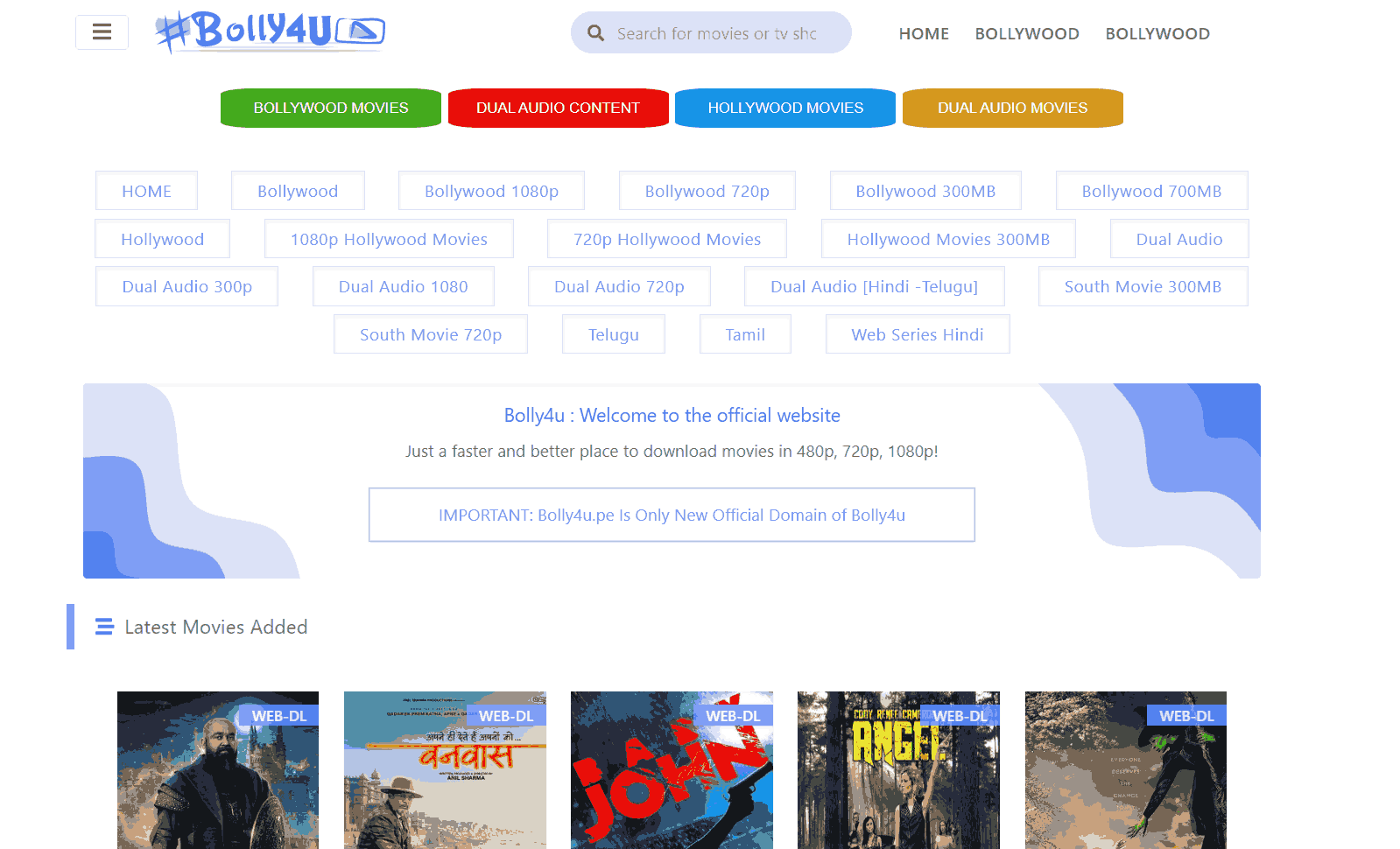Angular Future: 5 Exciting Trends Shaping the Future of Web Development

As web development continues to evolve, frameworks like Angular are at the forefront of innovation. Over the years, Angular has emerged as a powerhouse for building dynamic, scalable, and robust applications. But what lies ahead? The Angular future promises a wave of exciting advancements that could redefine how developers approach web development. From AI integration to improved performance, let’s explore the trends shaping the future of Angular and why this framework remains a critical choice for developers worldwide.
1. The Role of AI and Machine Learning in Angular’s Future
The integration of artificial intelligence (AI) and machine learning (ML) into web development frameworks is inevitable, and Angular is no exception. As businesses demand smarter applications, Angular is adapting to support AI-driven functionalities.
AI-Driven Features
Imagine applications that can predict user behavior or provide real-time data analysis. The Angular future could include libraries and plugins designed specifically for seamless AI integration, enabling developers to build intelligent apps with ease. These advancements will reduce the development time for machine learning-based functionalities.
Enhanced User Experiences
By leveraging AI tools, Angular could allow developers to create highly personalized user experiences. For instance, e-commerce platforms built on Angular may suggest products based on user preferences or provide virtual assistants for enhanced customer interaction.
Also read: Boost Your Corporate Sector Success with Top 10 Productivity Tools
2. Progressive Web Applications (PWAs): The Backbone of Angular
Progressive Web Applications (PWAs) are changing how users interact with web apps, offering features like offline capabilities, push notifications, and app-like experiences. Angular’s robust support for PWAs cements its role in the future of web development.
Why PWAs Matter
PWAs provide an app-like feel without the need for extensive downloads. With Angular’s powerful tooling, such as Angular Service Workers, developers can build fast, reliable, and engaging PWAs. This trend will make Angular even more appealing to businesses aiming to enhance user engagement.
Angular’s PWA Updates
The Angular future will likely include more built-in tools for PWA development. Expect updates that make it easier to implement caching, background syncing, and offline functionality, ensuring that applications remain accessible and functional in any network condition.
3. Server-Side Rendering (SSR) and Improved Performance
Performance is a cornerstone of successful applications. Server-side rendering (SSR) ensures that Angular apps load faster, improving the user experience and boosting SEO rankings.
Angular Universal
Angular Universal, a library for SSR, already allows developers to render applications on the server side before delivering them to the browser. The future of Angular will focus on making SSR implementations even more seamless, enabling developers to optimize applications for speed and efficiency.
Enhanced Core Performance
The Angular team is constantly refining the framework. Upcoming updates may focus on reducing build times, optimizing rendering pipelines, and introducing new performance-boosting features, ensuring Angular remains a top choice for high-performing apps.
Also Read: 10 Ways How to Optimize Your LinkedIn Profile for Maximum Impact
4. Modular Development: Simplifying Complex Applications
As applications grow in complexity, modular development is becoming essential. Angular’s architecture already supports modularity, but future updates could make this approach even more intuitive.
Benefits of Modular Development
Breaking down applications into smaller, reusable modules makes development, debugging, and testing significantly easier. Angular’s future updates may include enhanced tooling for module management, making it simpler for teams to collaborate on large-scale projects.
Improved Dependency Injection
Angular’s dependency injection system is already a standout feature, and its evolution will likely include smarter handling of modules and services. This will further streamline the development process, especially for enterprise-grade applications.
5. Enhanced Tooling for Better Developer Experience
Angular’s rich ecosystem of tools is a major reason behind its widespread adoption. However, the framework’s development environment is far from static. Expect the Angular future to bring enhanced tools that improve productivity and ease of use.
New IDE Plugins and Extensions
Future Angular updates may include advanced IDE plugins that offer real-time error detection, auto-completion, and seamless integration with external libraries. These tools will empower developers to write cleaner, more efficient code.
CLI Advancements
The Angular Command Line Interface (CLI) is already a developer favorite for automating routine tasks. Future iterations may include smarter automation, enhanced scaffolding capabilities, and built-in testing tools, making Angular even more accessible for developers of all skill levels.
6. Greater Focus on Accessibility
Accessibility is no longer optional; it’s a necessity. The future of Angular includes a stronger emphasis on building accessible applications that cater to users with diverse needs.
Built-In Accessibility Features
Angular may introduce built-in tools to help developers ensure their applications comply with global accessibility standards. These tools could simplify the process of adding features like screen reader support, keyboard navigation, and ARIA attributes.
Accessibility as a Priority
As businesses prioritize inclusivity, Angular’s updates will likely align with the latest accessibility trends, helping developers build applications that everyone can use effortlessly.
7. Expansion of TypeScript Capabilities
Angular’s reliance on TypeScript is one of its defining features. As TypeScript evolves, Angular is set to harness its new capabilities, enhancing the developer experience.
Advanced Typing and Error Handling
Expect Angular to integrate advanced typing features that make code more reliable and easier to debug. Improved error handling mechanisms could also be on the horizon, reducing development time and minimizing runtime errors.
Simplified Learning Curve
Angular’s adoption of new TypeScript features will make the framework more intuitive for newcomers, ensuring its accessibility to the next generation of developers.
Also read: 10 Ways How To Protect Your Online Privacy in 2024
8. Community Contributions and Ecosystem Growth
Angular’s community has always been a driving force behind its success. The future of Angular will be shaped not just by Google but also by its vast developer community.
Open-Source Innovations
Community-driven plugins, tools, and libraries are constantly expanding Angular’s capabilities. The Angular future may see a stronger collaboration between Google and the community, resulting in more robust open-source solutions.
Global Developer Support
The growing Angular ecosystem will likely attract more developers, fostering a cycle of innovation and improvement. This vibrant community will continue to ensure Angular stays ahead in the competitive world of web development.
9. The Role of Angular in Enterprise Applications
The corporate sector heavily relies on Angular for its ability to build scalable and secure enterprise applications. The Angular future will continue to cater to these needs with updates tailored for large-scale projects.
Enhanced Security Features
As cybersecurity threats evolve, Angular’s updates will likely focus on offering better protection against vulnerabilities. Expect built-in features for secure authentication, data encryption, and compliance with global security standards.
Enterprise-Grade Solutions
Angular’s adaptability makes it a go-to choice for enterprises. Future updates will strengthen its capabilities for handling big data, integrating with third-party services, and ensuring application scalability.
Conclusion: What the Angular Future Holds
The Angular future is undeniably bright. With advancements in AI, modularity, performance, and accessibility, Angular is set to remain a top choice for developers and businesses alike. Its commitment to innovation and community-driven growth ensures that this framework will continue to lead the way in web development.
Whether you’re a seasoned developer or just starting your journey, embracing Angular’s future-ready features will help you stay ahead in the ever-evolving world of technology.
Similar articles for you
- Boost Your Corporate Sector Success with Top 10 Productivity Tools
- Pushpa 2 Advance Booking Starts
- 10 Powerful Benefits of AI in Healthcare
- India GDP Growth Rate Drops to 5.4% in Q2: Is It Time for RBI to Step In?
- Amazon’s First-Ever Black Friday Sale in India
- iQOO 13 India Launch: The Ultimate Flagship Revolution You Can’t Miss







Your point of view caught my eye and was very interesting. Thanks. I have a question for you.
Your article helped me a lot, is there any more related content? Thanks!
Can you be more specific about the content of your article? After reading it, I still have some doubts. Hope you can help me.
I don’t think the title of your article matches the content lol. Just kidding, mainly because I had some doubts after reading the article.
hello there and thanks on your info – I’ve certainly picked up something new from proper here. I did then again experience some technical issues the usage of this website, as I skilled to reload the website a lot of occasions previous to I could get it to load properly. I were wondering if your web hosting is OK? Not that I am complaining, but slow loading circumstances instances will often have an effect on your placement in google and can injury your high quality score if advertising and ***********|advertising|advertising|advertising and *********** with Adwords. Anyway I’m adding this RSS to my e-mail and can look out for much more of your respective fascinating content. Ensure that you update this once more very soon..
This is the right blog for anyone who wants to find out about this topic. You realize so much its almost hard to argue with you (not that I actually would want…HaHa). You definitely put a new spin on a topic thats been written about for years. Great stuff, just great!
Can you be more specific about the content of your article? After reading it, I still have some doubts. Hope you can help me.
You can definitely see your skills within the work you write. The arena hopes for more passionate writers like you who aren’t afraid to mention how they believe. All the time go after your heart.
Adorei este site. Pra saber mais detalhes acesse nosso site e descubra mais. Todas as informações contidas são informações relevantes e exclusivas. Tudo que você precisa saber está está lá.
Can you be more specific about the content of your article? After reading it, I still have some doubts. Hope you can help me.
Would love to forever get updated great web site! .
Useful info. Lucky me I found your site unintentionally, and I am surprised why this accident didn’t came about earlier! I bookmarked it.
I have recently started a website, the information you offer on this website has helped me greatly. Thank you for all of your time & work.
Your article helped me a lot, is there any more related content? Thanks!
Thank you for your sharing. I am worried that I lack creative ideas. It is your article that makes me full of hope. Thank you. But, I have a question, can you help me?
I got what you intend, thankyou for posting.Woh I am thankful to find this website through google.
I am not very fantastic with English but I get hold this rattling easy to translate.
Real instructive and good anatomical structure of content, now that’s user genial (:.
I in addition to my guys appeared to be viewing the great tips and tricks found on your website while quickly got a terrible feeling I had not expressed respect to the site owner for those secrets. These ladies appeared to be for that reason stimulated to read through all of them and have in effect very much been taking pleasure in them. Thank you for being considerably accommodating and also for picking out variety of cool subjects millions of individuals are really needing to understand about. Our own sincere regret for not saying thanks to earlier.
Thank you for sharing superb informations. Your site is so cool. I’m impressed by the details that you?¦ve on this site. It reveals how nicely you understand this subject. Bookmarked this website page, will come back for extra articles. You, my pal, ROCK! I found simply the info I already searched all over the place and simply couldn’t come across. What a perfect web site.
Good day! This is kind of off topic but I need some advice from an established blog. Is it hard to set up your own blog? I’m not very techincal but I can figure things out pretty quick. I’m thinking about creating my own but I’m not sure where to begin. Do you have any points or suggestions? Cheers
Excellent blog here! Also your website loads uup very fast!
What web host are you using? Can I get your affiliate link to your host?
I wish mmy web site loaded up as fast as yours lol https://Fortune-Glassi.mystrikingly.com/